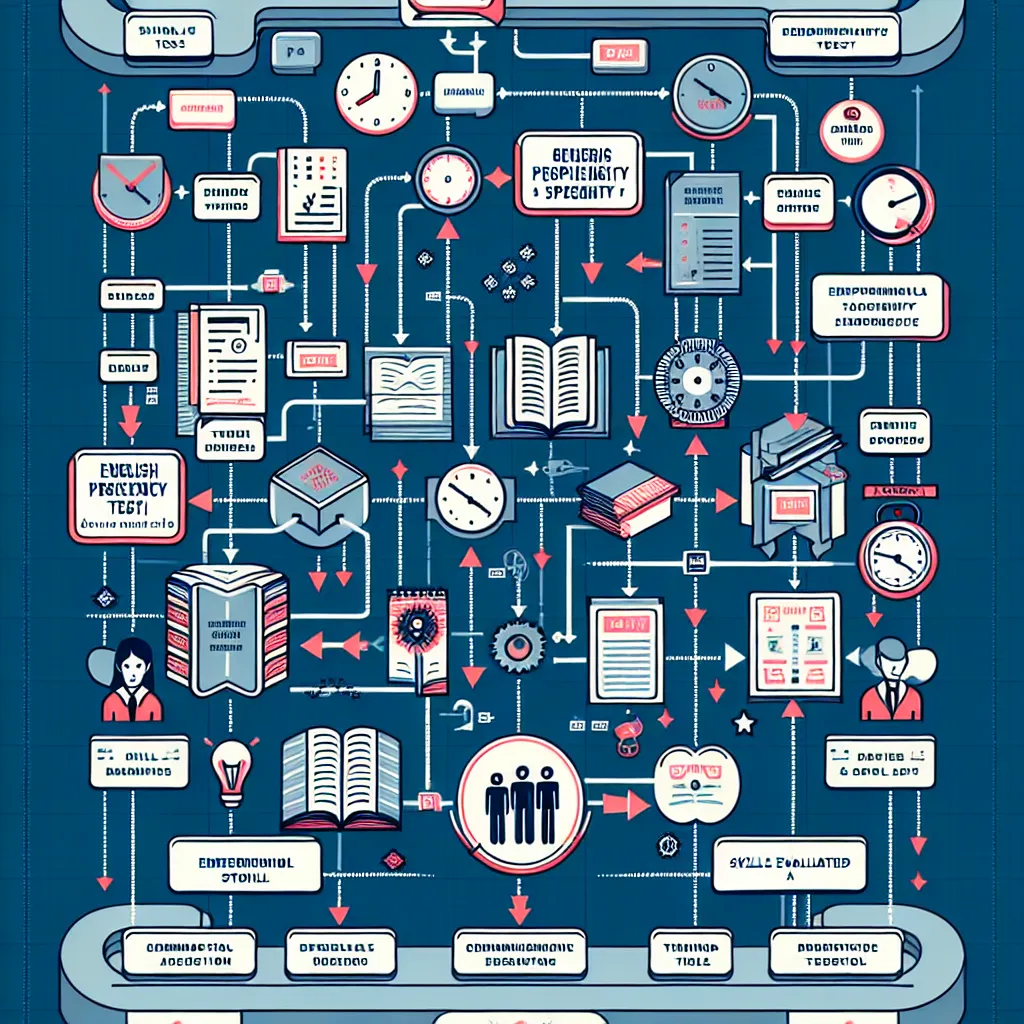Are you preparing for a Cambridge English exam and feeling anxious about the speaking test? Don’t worry! This comprehensive guide will walk you through the entire process of how the Cambridge Speaking test is conducted, providing you with valuable insights and tips to help you succeed.
Understanding the Cambridge Speaking Test
The Cambridge Speaking test is an integral part of various Cambridge English exams, including FCE (B2 First), CAE (C1 Advanced), and CPE (C2 Proficiency). It assesses your ability to communicate effectively in English in real-life situations. Understanding the test format and what to expect can significantly boost your confidence and performance.
 Cambridge Speaking Test Overview
Cambridge Speaking Test Overview
Test Format and Duration
The Cambridge Speaking test typically lasts between 14 to 16 minutes, depending on the exam level. It is conducted face-to-face with one or two candidates and two examiners. One examiner acts as the interlocutor, who manages the interaction and provides a global assessment. The other examiner, known as the assessor, focuses on evaluating your performance based on specific criteria.
Parts of the Speaking Test
The test is divided into several parts, each designed to assess different aspects of your speaking skills:
-
Introduction and Interview (2-3 minutes): This part involves answering questions about yourself, your interests, and your daily life.
-
Individual Long Turn (3-4 minutes): You’ll be given a visual prompt (e.g., photographs) and asked to speak about it for about a minute.
-
Collaborative Task (3-4 minutes): You’ll engage in a discussion with your partner (if paired) about a given topic or situation.
-
Discussion (4-5 minutes): This final part involves a more in-depth discussion related to the topic from Part 3.
Preparing for the Cambridge Speaking Test
To excel in the Cambridge Speaking test, it’s essential to practice regularly and familiarize yourself with the test format. Here are some effective strategies to help you prepare:
1. Improve Your General English Skills
Focus on expanding your vocabulary, improving your grammar, and practicing your pronunciation. These fundamental skills will help you communicate more effectively during the test.
2. Practice Speaking Regularly
Engage in English conversations as often as possible. You can:
- Join language exchange groups
- Participate in English discussion clubs
- Use language learning apps with speaking components
- Practice with native English speakers or fellow learners
3. Familiarize Yourself with Test Topics
Review common topics that appear in Cambridge Speaking tests, such as:
- Personal experiences
- Education and work
- Hobbies and interests
- Social issues
- Technology and science
- Environment and sustainability
4. Master Test Strategies
Learn specific strategies for each part of the test:
- For the interview, prepare concise answers about yourself and your experiences.
- Practice describing images and expressing opinions for the individual long turn.
- Develop skills in turn-taking and active listening for the collaborative task.
- Enhance your ability to discuss complex topics in-depth for the final discussion.
 Cambridge Speaking Test Strategies
Cambridge Speaking Test Strategies
Tips for Success on Test Day
Follow these tips to maximize your performance during the Cambridge Speaking test:
-
Stay calm and confident: Remember, the examiners want you to do well. Take deep breaths and try to relax.
-
Listen carefully: Pay close attention to the examiner’s questions and instructions.
-
Speak clearly and at a natural pace: Don’t rush your answers. It’s better to speak slower and more clearly than to speak quickly and make mistakes.
-
Use a range of vocabulary and grammar: Showcase your language skills by using varied vocabulary and complex sentence structures when appropriate.
-
Be interactive: Engage with your partner (if paired) during the collaborative task. Show your ability to initiate, respond, and maintain a conversation.
-
Elaborate on your answers: Provide reasons and examples to support your opinions and ideas.
-
Use appropriate body language: Maintain eye contact, smile, and use natural gestures to appear confident and engaged.
-
Don’t worry about mistakes: If you make an error, don’t dwell on it. Simply correct yourself if necessary and continue speaking.
Common Mistakes to Avoid
Be aware of these common pitfalls during the Cambridge Speaking test:
-
Memorizing answers: Examiners can easily detect rehearsed responses. Aim for natural, spontaneous communication.
-
Speaking too little: Provide detailed answers and elaborations to showcase your language skills fully.
-
Dominating the conversation: In paired tests, ensure you give your partner equal opportunities to speak.
-
Using fillers excessively: While some use of fillers (e.g., “um,” “well”) is natural, overusing them can detract from your fluency.
-
Straying off-topic: Stay focused on the question or task at hand.
-
Neglecting pronunciation: Pay attention to your pronunciation and intonation, as they contribute to your overall score.
Conclusion
The Cambridge Speaking test may seem daunting, but with proper preparation and understanding of its format, you can approach it with confidence. Remember, the key to success lies in regular practice, familiarizing yourself with the test structure, and developing effective communication strategies. By following the tips and advice provided in this guide, you’ll be well-equipped to showcase your English speaking skills and achieve the score you desire.
Don’t forget to check out our other resources on Cambridge exam preparation to further enhance your skills across all test components. Good luck with your Cambridge Speaking test!
[internal_links]
- Top 10 Cambridge Speaking Practice Resources
- Mastering the Cambridge Speaking Test: Expert Tips and Tricks
- Common Topics in Cambridge Speaking Tests: A Comprehensive List
- How to Improve Your Fluency for the Cambridge Speaking Test
[/internal_links]




